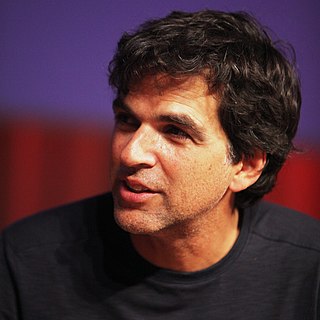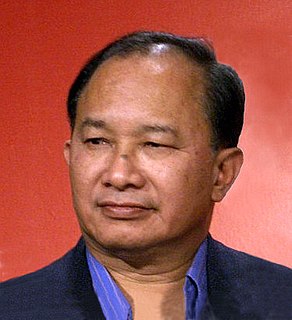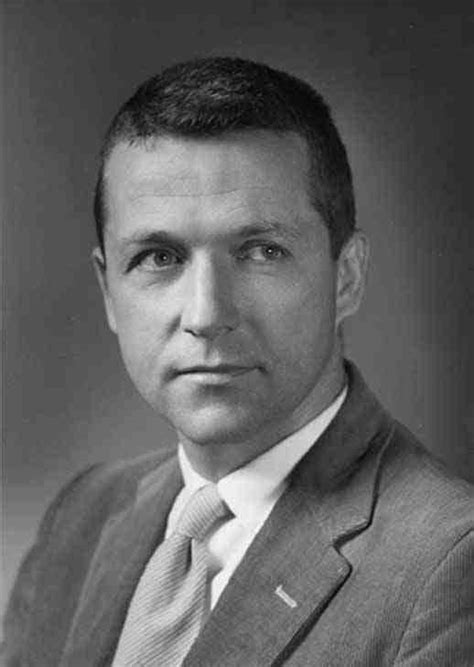A Quote by Pierre Omidyar
When I started eBay, it was a hobby, an experiment to see if people could use the Internet to be empowered through access to an efficient market. I actually wasn't thinking about it in terms of a social impact.
Related Quotes
When I started eBay, it was a hobby, an experiment to see if people could use the Internet to be empowered through access to an efficient market. I actually wasn't thinking about it in terms of a social impact. It was really about helping people connect around a sphere of interest so they could do business.
People who would not be using the word gender or thinking about gayness or trans-ness may actually, without even thinking about it, be not their own gender in their inner world. I think that's actually so normal, because female sexuality is sold to all of us. It doesn't just reach the eyes of men. You might not care about the idea of boobs or jugs or whatever, but it could impact your inner sexual life.
I realized doing this work, identifying either issues or challenges or thinking about opportunities to actually impact people's lives, I could actually make things better, and bringing people around the table for solutions was something I liked doing and was actually something I was able to do fairly well.
Broadband connections allow us to access more robust types of content, services, and applications - video chat versus email, or live streaming versus chat, for example. Yet if we look beyond our own personal use, we can see that broadband Internet access is not merely a convenience: it is a powerful force for social change.
Younger feminists actually care about stuff that came before them, the same way that I totally cared about and loved and felt so lucky to have access to the feminism that came before me. To have younger people take what me and my friends have done, and to say 'We have access to that, but we're going to put that through our own Internet generation filter and we're going to make it into something that speaks to us and is a lot smarter.'
I would say the first key concept is that, in terms of technological and communication progress in human history, the Internet is basically the equivalent of electronic telepathy. We can now communicate all the time through our little magic smartphones with people who are anywhere, all the time, constantly learning what they're thinking, talking about, exchanging messages. And this is a new capability even within the context of the Internet.
Being in a field like healthcare, for me, as someone who is basically on a mission to make a global impact in terms of affordable access to healthcare, I am very, very concerned about the fact that there are a large number of people in this world who need to have some access to basic rights, whether it is in education or healthcare.

































